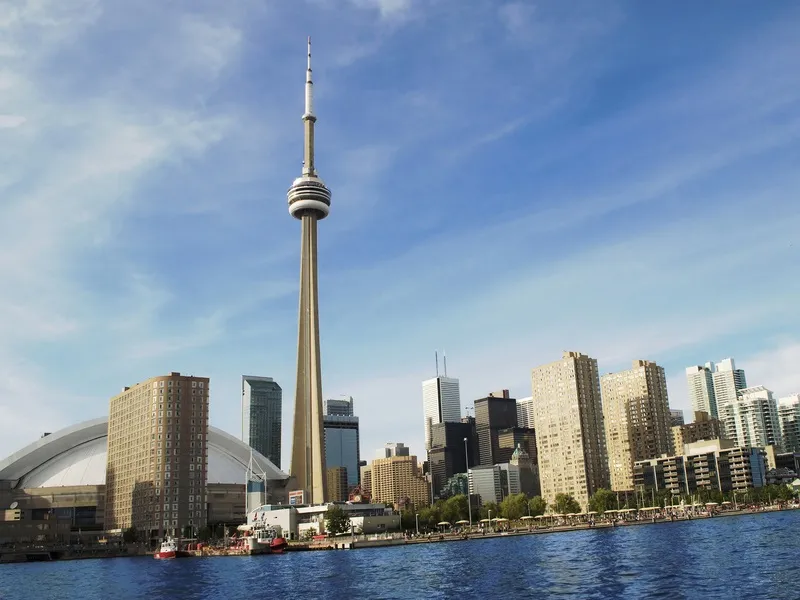On motorways, 61% of motorists think that congestion has got worse and that journey times have worsened in the last 12 months, which alone carries 21% of traffic despite accounting for 1% of UK roads. 27% of this figure claim that the change has been considerable. In addition, 58% of motorists believe that high-speed dual carriageways and urban A-roads have become more congested. Rural single carriageway A-roads, however, had only 45% of drivers who stated that congestion had worsened.
Motoring concerns have also been highlighted which showed 11% of business drivers identifying slower journey times as their number-one concern. This concern is also cited by 8% of non-business drivers along with traffic congestion, making it the fifth highest ranked issue in the survey. Other concerns showed illegal use of handheld mobile phones at the wheel (16%), condition and maintenance of local roads (10%) and the cost of fuel (9%). 8% of motorists has also cited the cost of insurance.
Government statistics support these concerns as road traffic estimates for 2016 show motorists drove 252.6bn vehicle miles, an increase of 2.2% on the previous year and is the highest annual car traffic estimate ever.
A general increase in traffic volume has largely been blamed for causing the increase in urban congestion, reasons given for greater motorway traffic included major roadworks (47%), middle-lane hogging drivers (45%) and lorries overtaking other lorries (40%).
48% of the 61% of drivers who believe motorway congestion has worsened think that there should be tighter controls on lorries overtaking other lorries.
Aside from major roads, 55% of respondents think that urban B roads and unclassified urban roads have become busier and have less reliable journey times. However, 58% of drivers stated that traffic levels remain the same on country B-roads and unclassified country roads while 32% said that they had increased.
Among urban drivers, 29% blamed bus lanes as the primary cause for congestion in towns and cities, with 68% of this figure who think that bus lanes should be allowed to be used by vehicles at certain times. In addition, 16% of drivers blamed cycle lanes as the main cause of congestion with 54% of this figure who believe that cyclists should be compelled to use such lanes where they are available.
RAC chief engineer David Bizley said: “With unwelcome evidence of increased congestion, it is essential that the schemes to increase capacity of the strategic road network which form part of the first Road Investment Strategy are delivered to plan. The recent news from
Responding to the report, Cllr Martin Tett, Local Government Association transport spokesman, said: “This survey highlights the congestion challenge we face as a nation. Congestion can have a significant impact on our towns, cities and communities, and act as a drag on local growth. Worse still, it can lead to toxic air and reduced quality of life.
“The average motorist is spending a working week every year sat in traffic on major roads, and losing almost a £1,000 in the process. With eight-and-a-half million more vehicles on our roads since 2000, it’s no wonder it would now take £12 billion and a decade to clear the nation’s road repair backlog.
“Councils are working hard to combat traffic and congestion but need to be able to do more to tackle this growing problem. Long-term, consistent funding is needed for them to invest in local roads and introduce attractive alternatives to car journeys, such as through public transport, walking and cycling.”
RAC: over half of drivers believe congestion has worsened on UK major roads
56% of 1,727 drivers questioned in an annual survey believe that congestion has worsened on UK major roads, which carries 65% of all traffic, despite them comprising only 13% of the country’s road network. The findings from the survey have been presented by the RAC’s Report on Motoring.
November 2, 2017
Read time: 4 mins
56% of 1,727 drivers questioned in an annual survey believe that congestion has worsened on UK major roads, which carries 65% of all traffic, despite them comprising only 13% of the country’s road network. The findings from the survey have been presented by the RAC’s Report on Motoring.










